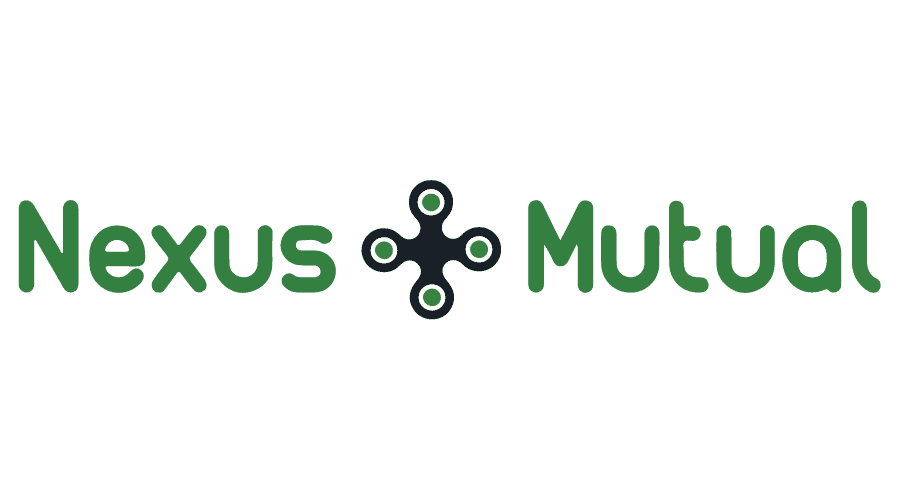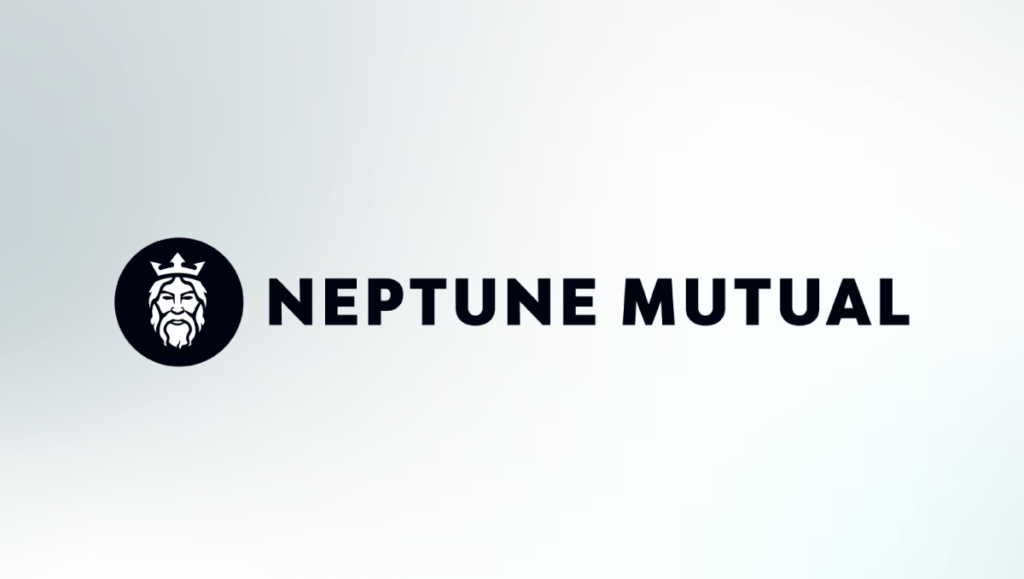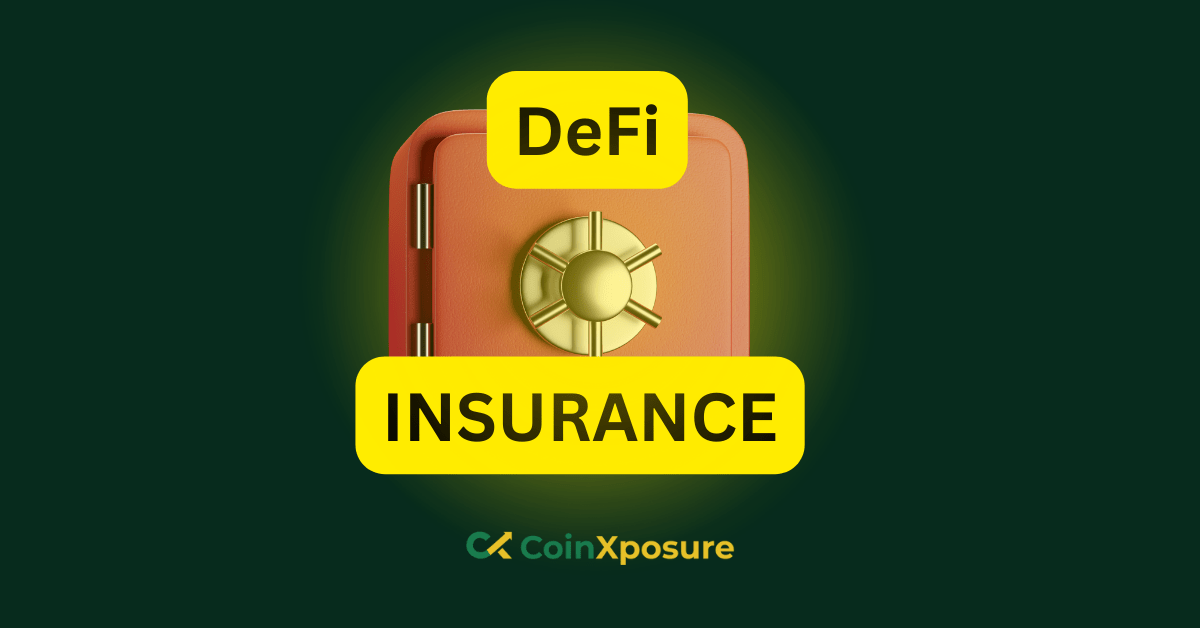DeFi Insurance has taken the decentralized finance system to another level with its unique features. This article will discuss extensively on DeFi Insurance, from coverage of vaults to smart contract failures.
Decentralized insurance has been a rapidly expanding segment of the blockchain business.
According to Allied Market Research, the worldwide, decentralized insurance sector would produce $1.4 billion in 2022 and $135.6 billion by 2032, growing at a CAGR of 58.5%.
The demand for decentralized and peer-to-peer insurance products that provide greater transparency, lower costs, and faster claim processing times is driving the expansion of the decentralized insurance sector.
Also, the decentralized insurance business is expanding due to greater understanding, adoption, and application of blockchain technology and smart contracts, which can automate insurance policies and claims.
What is DeFi Insurance?
DeFi insurance refers to the provision of protection against a multitude of hazards inherent in decentralized finance protocols.
Primarily, these dangers consist of vulnerabilities in smart contracts, breaches, exploits, and protocol insolvency.
Through the purchase of insurance, users can safeguard their funds and investments, thereby bolstering the DeFi ecosystem’s credibility and stability.
Before we go into coverage of vaults and smart contract failures and the role of DeFi insurance in them, let us look at some major types of DeFi Insurance coverage.
DeFi Insurance Projects
Here are some of the top DeFi Insurance Projects in the DeFi space.
- Nexus Mutual
- Uno Re
- Neptune Mutual
- Bumper Finance
- InsurAce
Nexus Mutual

Nexus Mutual offers a variety of coverage choices designed to protect against various dangers.
You can obtain Protocol Cover to protect against individual protocol failures, ETH Slashing Cover to protect your ETH validators from penalties, and D&O Cover and Real World Risk Cover, which will be available soon.
The platform has underwritten $4 billion in coverage, has $39 million in current coverage, and has paid over $17 million on claims.
Uno Re

Uno Re is a decentralized insurance platform that safeguards institutional and individual clients against DeFi vulnerabilities.
The platform provides various insurance products, including cryptocurrency, travel, health, and parametric insurance.
Uno Re’s solutions revolve around its unique risk model, which focuses on providing affordable and customized coverage.
Uno Re has created an all-inclusive security service called Uno WatchDog, which includes ongoing smart-contract audits, on-chain monitoring, and embedded insurance.
This service is intended to provide clients with an unparalleled level of security.
Neptune Mutual

Neptune Mutual is a decentralized insurance system developed exclusively for the Ethereum blockchain. The software lets customers easily select an insurance pool and enter the necessary coverage amount.
Customers can immediately receive stablecoin compensation without giving personally identifiable information or proof of loss when an issue is satisfactorily addressed.
Bumper Finance

Bumper Finance is intended to protect cryptocurrency holdings from market volatility and collapses.
Unlike traditional financial tools such as Stop Losses and Options, Bumper provides a more straightforward and transparent hedging method against price risks.
The protocol comprises two main participants: takers and makers. Takers aim to preserve their assets from going below a specific price, while Makers supply liquidity in the form of stablecoins to gain a profit.
InsurAce

InsurAce is a decentralized insurance protocol that aims to provide secure protection services to DeFi consumers.
It addresses various concerns, including smart contract vulnerabilities, custodian risks, and stablecoin de-pegging hazards.
The protocol is unique because it takes a portfolio-based approach, allowing users to insure various assets across chains in one go.
This gives more coverage and saves up to 60% on insurance premiums and 50% on gas costs.
Now, let us see coverage of vaults as a DeFi problem and how DeFi Insurance can remedy the situation.
Coverage of Vaults
Vaults are an essential component of many DeFi protocols, allowing users to deposit assets and receive yields using a variety of tactics such as yield farming, liquidity provision, and algorithmic trading.
However, vaults are not immune to risk, as evidenced by several high-profile flaws and breaches in the DeFi arena.
DeFi insurance providers provide coverage specifically targeted to vault risks, reimbursing users in case of a breach or loss of funds owing to weaknesses in the vault’s smart contracts.
How DeFi Insurance Aids Coverage of Vaults
DeFi insurance aids coverage of vaults by;
- Coverage against exploits or hacks
- Compensation for asset losses
- Enhanced risk management
- Smart contract risk mitigation
Coverage against Exploits or Hacks
Vaults are ideal targets for attackers looking to exploit smart contract vulnerabilities or protocol design flaws. DeFi insurance policies protect against losses caused by exploits or hacks targeting protocol vaults.
In the event of a security breach or exploit, affected users can file a claim with their insurance provider to recover their damages.
This coverage reduces the financial impact on users while increasing confidence in participating in DeFi protocols.
Compensation for Asset Losses
Users deposit funds into protocol vaults expecting to earn yields or participate in various DeFi activities.
However, in the event of a security breach or exploit, users may incur losses or have their deposited assets compromised.
DeFi insurance compensates for asset losses caused by weaknesses or breaches in protocol vaults. This coverage protects users from losing their deposits and contributes to the continued trust in DeFi platforms.
Enhanced Risk Management
DeFi insurance companies use sophisticated risk management techniques to evaluate the risk profiles of protocol vaults and calculate the appropriate coverage levels and premiums.
Insurance providers use risk assessment and underwriting techniques to ensure coverage sufficiently represents the possible hazards connected with vaults while staying financially viable.
This proactive approach to risk management protects users and insurance providers from major losses while promoting the long-term viability of DeFi insurance.
Smart Contract Risk Mitigation
Vaults rely on smart contracts and are prone to code errors, faults, and vulnerabilities.
DeFi insurance products address these smart contract risks by protecting against losses caused by errors or deficiencies in the underlying code.
Insurance covers both known vulnerabilities and unknown concerns that may occur over time.
By eliminating smart contract risks, DeFi insurance improves the security and dependability of protocol vaults, making them more appealing to consumers.
Moving on to the next, we will see smart contract failures and how DeFi insurance helps the situation.
Smart Contract Failures
Smart contracts are the foundation of DeFi protocols, which process transactions and enforce rules without intermediaries.
However, they are vulnerable to vulnerabilities, code faults, and external attacks, which can result in substantial money losses for users.
How DeFi Insurance Aids Smart Contracts
Some ways DeFi insurance aids smart contracts are;
- Compensation for exploits and vulnerability
- Protection against protocol upgrades
- Coverage for coding eros and bugs
- Enhancing innovation and adoption
- Risk management and underwriting
Compensation For Expoits and Vulnerability
Smart contracts are vulnerable to exploits and flaws that bad actors can use to influence protocol behavior or steal user funds.
DeFi insurance products pay consumers affected by such exploits, offering cash protection against losses caused by smart contract flaws.
DeFi insurance reduces the financial impact of smart contract exploitation by reimbursing customers for their losses, promoting trust in DeFi protocols.
Protection Against Protocol Upgrades
DeFi protocols may upgrade or change their smart contract code over time to increase security, functionality, or performance.
However, protocol changes raise the possibility of compatibility difficulties, unintended effects, or unforeseen faults that could affect users’ funds.
DeFi insurance protects against losses caused by protocol upgrades that go wrong, compensating users for any financial losses suffered during the transition time.
This coverage contributes to preserving trust and confidence in DeFi protocols as they change or evolve.
Coverage For Coding Errors and Bugs
Despite rigorous auditing and testing, smart contracts may have coding errors, bugs, or logic flaws that might result in unforeseen effects or vulnerabilities.
DeFi insurance products mitigate damages caused by code faults in smart contracts, providing consumers with cash protection from technical concerns.
Insurance coverage includes known vulnerabilities and unknown problems that may develop following the deployment of smart contracts, giving consumers peace of mind when working with DeFi protocols.
Enhancing Innovation and Adoption
DeFi insurance promotes innovation and adoption in the DeFi ecosystem by giving users trust and certainty when working with smart contracts.
Insurance coverage enables users to experiment with novel DeFi protocols, engage in yield-generating activities, and contribute to the evolution of the ecosystem by providing financial protection against smart contract failures.
Also, insurance coverage may draw institutional investors and more significant capital deployments to DeFi, boosting innovation and liquidity.
Risk Management and Underwriting
DeFi insurance companies use advanced risk management techniques to evaluate the risk profiles of smart contracts and calculate suitable coverage levels and prices.
Insurance companies assess and quantify the risks involved with smart contracts via risk assessment and underwriting processes, ensuring that coverage sufficiently represents potential liabilities.
By appropriately pricing risk, DeFi insurance providers can offer long-term insurance policies that protect users while ensuring the insurance pool’s financial stability.
Final Thoughts
DeFi insurance is critical in protecting consumers from the inherent risks of decentralized finance, particularly smart contract failures and vulnerabilities in protocol vaults.
DeFi insurance boosts confidence, supports innovation, and promotes the DeFi ecosystem’s long-term viability by covering losses.
As the DeFi market evolves, establishing strong insurance solutions will remain critical for protecting users and mitigating systemic risk.












